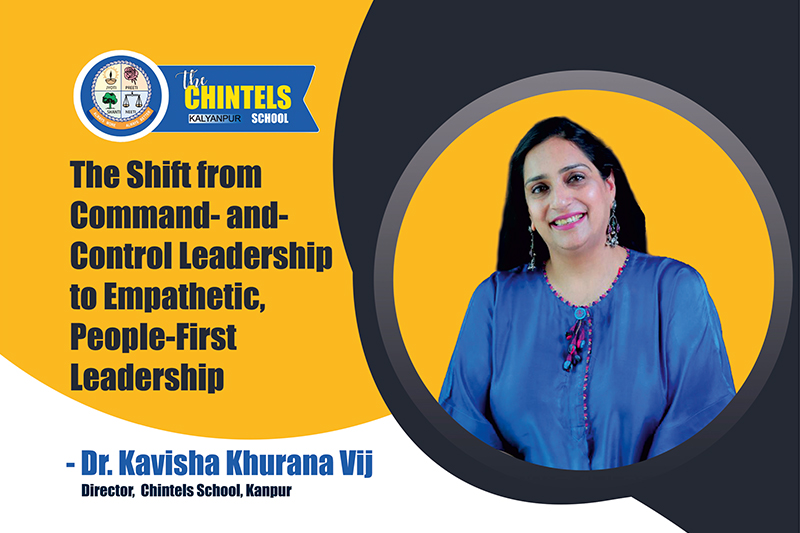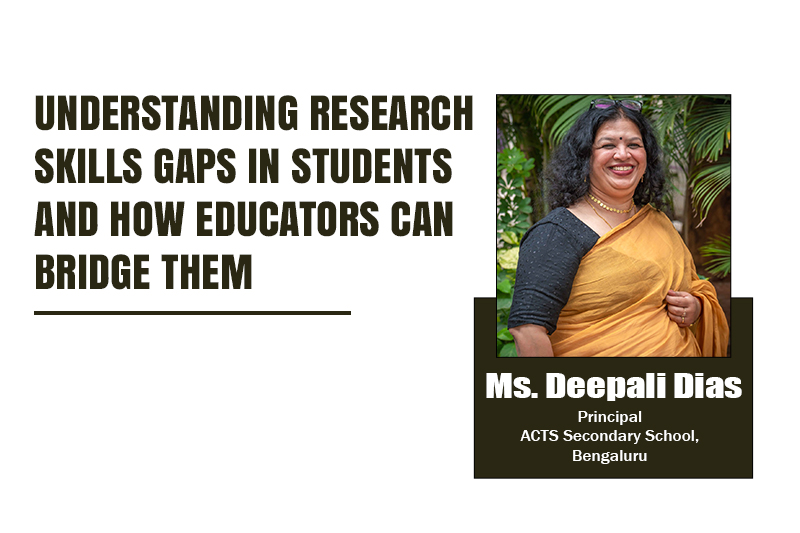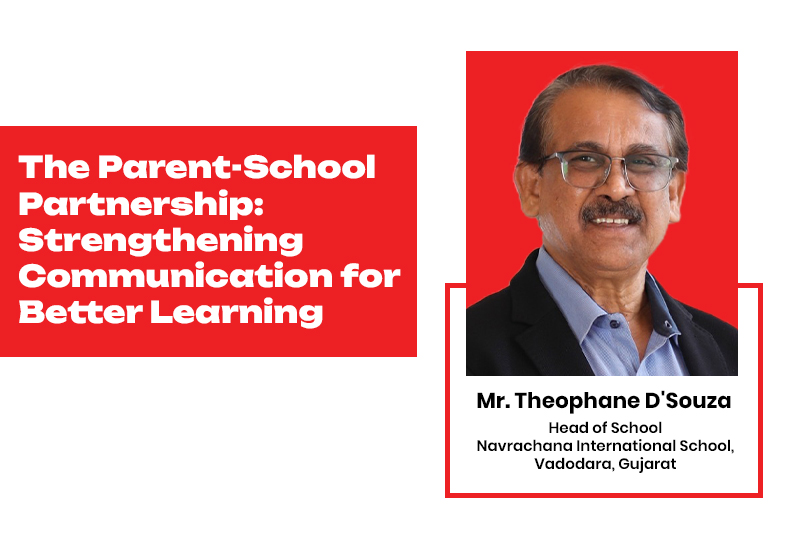The Chintels School: The Shift from Command-and-Control to Empathetic People-First Leadership
Leadership is often perceived as a fixed trait that individuals either possess or lack. But for Dr. Kavisha Khurana Vij, Director of The Chintels School, leadership is a dynamic and evolving journey—one rooted in reflection, growth, and purposeful change.
She believes that the traditional command-and-control leadership style, once dominant in educational settings, no longer aligns with the needs of today’s schools. In its place, Dr. Vij champions a new model: one anchored in empathy, collaboration, and human connection.
A New Paradigm in School Leadership
Conventional school leadership emphasized discipline, hierarchy, and top-down decision-making. While such an approach may have worked in more predictable times, the current educational landscape demands something far more nuanced.
At The Chintels School, Dr. Vij advocates for a people-first leadership model—one that centers the well-being and growth of teachers, students, and the entire school community. This isn’t just a shift in mindset; it’s a practical transformation that places emotional intelligence, trust, and shared vision at the heart of leadership.
The Power of Emotional Intelligence
For Dr. Vij, empathy begins with self-awareness. Effective leaders must understand their own emotions, triggers, and limitations before they can lead others with clarity and compassion.
At The Chintels School, emotional intelligence is treated as a core leadership skill, not an optional trait. Leaders are encouraged to listen deeply, respond thoughtfully, and navigate difficult situations with grace.
Dr. Vij stresses that every individual in the school ecosystem—teachers, staff, students—brings their own story and challenges. An empathetic leader must make space for these voices, validate their experiences, and support their journeys with patience and understanding.
Modeling Behavior That Inspires
Leadership by example is deeply embedded in the culture of The Chintels School. Under Dr. Vij’s guidance, leaders are expected to communicate transparently, work with integrity, and treat others with respect and care.
However, empathy doesn’t mean a lack of structure. It means setting clear boundaries, maintaining accountability, and approaching challenges with compassion and fairness.
Dr. Vij notes that even subtle behaviors—like consistently working late or appearing overly stressed—can set unintended expectations. Instead, she encourages a balanced approach that promotes both high performance and well-being.
Collaboration Over Control
People-first leadership thrives on collaboration. At The Chintels School, Dr. Vij emphasizes inclusive decision-making and distributed leadership. From co-creating lesson plans to involving administrative staff in strategic initiatives, collaboration is woven into the fabric of the school.
Leadership here is not about having all the answers, but about asking the right questions and enabling others to contribute meaningfully. This approach has not only increased innovation but also strengthened morale and unity within the school community.
Investing in People
Empowerment is not a slogan at The Chintels School—it is a lived reality. Dr. Vij believes that success should be measured by collective growth, not individual accolades. Every teacher and staff member is viewed as a leader in their own right, with unique strengths to contribute.
Professional development is a priority, and leadership opportunities are extended across the board. Teachers are recognized not just as implementers, but as co-creators of the school’s vision. This model has led to a more motivated staff and, as a result, better outcomes for students.
Flexibility in a Changing World
Education is inherently dynamic, and leadership must adapt accordingly. Dr. Vij highlights the importance of resilience and responsiveness, particularly in the wake of rapid changes such as online learning and curricular innovations.
Empathetic leadership, in her view, requires the courage to deviate from tradition when necessary—to embrace new ideas, pivot with purpose, and prioritize the needs of the community over rigid systems.
Integrity as the Cornerstone
Authentic leadership cannot exist without integrity. Dr. Vij has cultivated a school culture that values transparency, honesty, and open communication.
Leaders at The Chintels School are encouraged to own their mistakes, welcome feedback, and engage in difficult conversations with humility. This level of openness builds the trust that underpins every successful educational environment.
Redefining the Role of School Leaders
Today’s school leaders must wear many hats. At The Chintels School, leaders are not just administrators but mentors, visionaries, and culture-shapers.
Dr. Vij believes that leadership should be distributed, not centralized. Everyone—from new teachers to seasoned staff—should feel empowered to lead, contribute, and innovate. This inclusive approach fosters a sense of ownership and shared responsibility across the school.
The Outcome: A Thriving School Community
The transition to empathetic, people-first leadership has had a transformative impact on The Chintels School. Teachers feel heard and supported, students feel valued and empowered, and the entire community thrives on mutual respect and shared purpose.
Dr. Vij acknowledges that this transformation hasn’t happened overnight. It’s the result of consistent, intentional efforts to lead with heart, not just with strategy. And the outcomes—greater engagement, improved well-being, and a more connected school culture—are a testament to the power of this approach.
Final Thoughts
Leadership in education today requires more than authority—it demands authenticity, emotional intelligence, and a deep commitment to people.
Through her work at The Chintels School, Dr. Kavisha Khurana Vij is redefining what it means to lead in schools. By embracing empathy, she is not only building stronger teams but also shaping a more compassionate and resilient generation of learners.
She aptly states, "When leaders choose to lead with heart, they inspire better performance and a better world."






